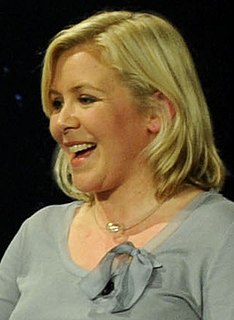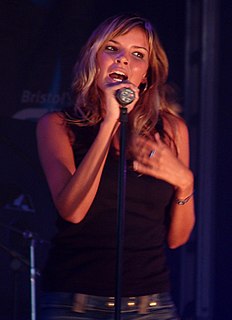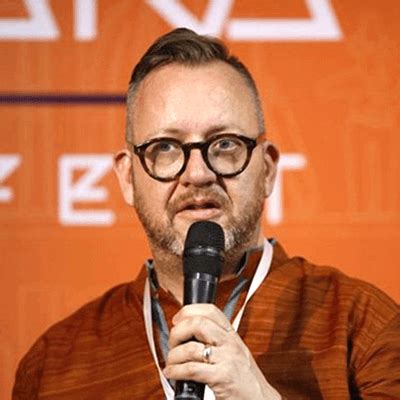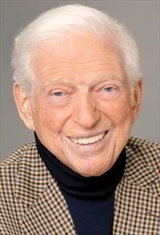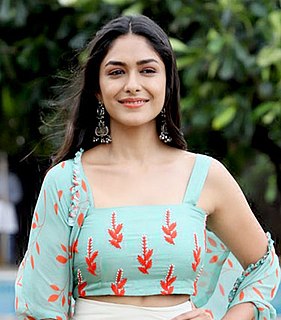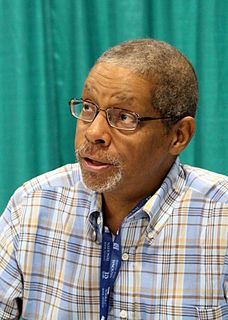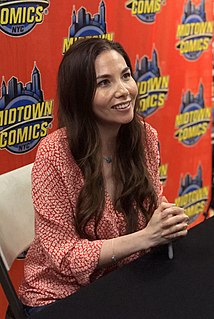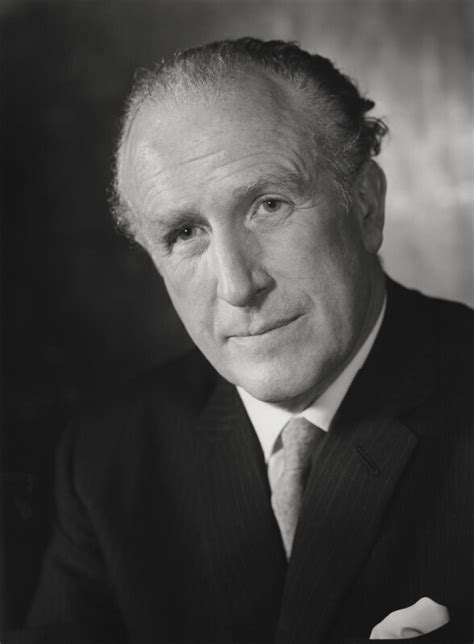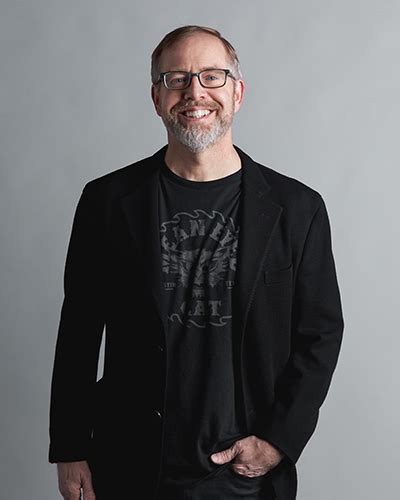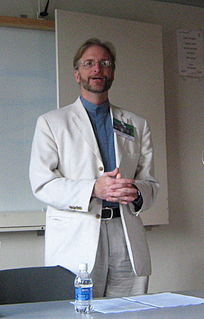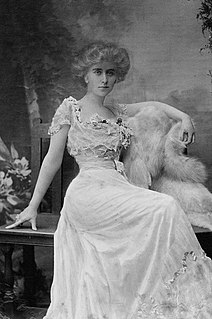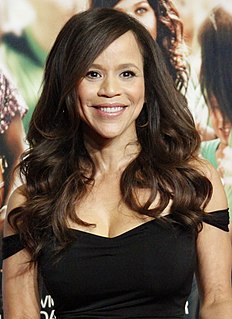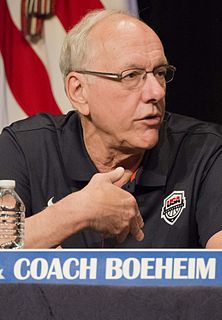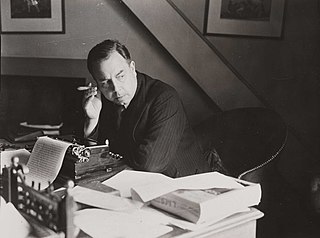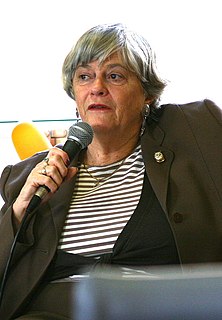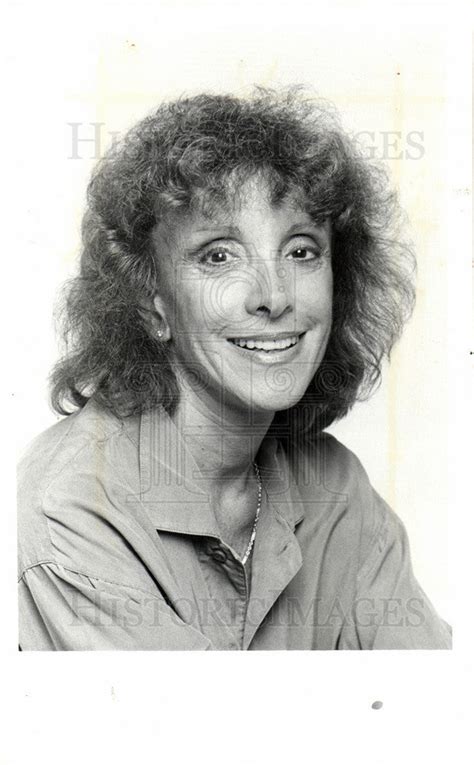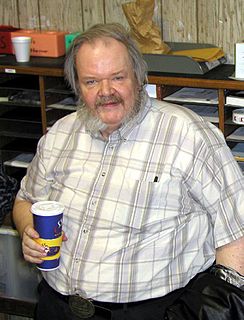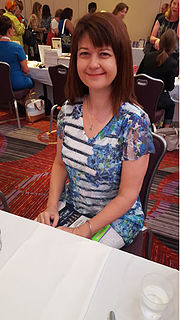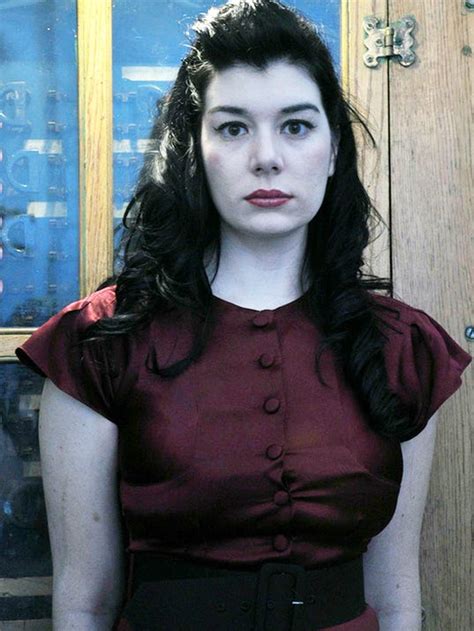Top 1200 Great Novels Quotes & Sayings - Page 5
Explore popular Great Novels quotes.
Last updated on November 24, 2024.
Of John Le Carre's books, I've only read 'The Spy Who Came In From The Cold,' and I haven't read anything by Graham Greene, but I've heard a great deal about how 'Your Republic Is Calling You' reminded English readers of those two writers. I don't really have any particular interest in Cold War spy novels.
A good novel is one that shows the complexity of individuals, and creates enough space for all these characters to have a voice; in this way a novel is called democratic - not that it advocates democracy but that by nature it is so. Empathy lies at the heart of Gatsby, like so many other great novels - the biggest sin is to be blind to others' problems and pains. Not seeing them means denying their existence.
Fiction allows us to see the world from the point of view of someone else and there has been quite a lot of neurological research that shows reading novels is actually good for you. It embeds you in society and makes you think about other people. People are certainly better at all sorts of things if they can hold a novel in their heads. It is quite a skill, but if you can't do it then you're missing out on something in life. I think you can tell, when you meet someone, whether they read novels or not. There is some little hollowness if they don't.
Wesley Stace has always been the only genuinely gifted fiction writer who also happens to be a rock star, but Wonderkid is the book he was born to write. And if you prefer your novels brazen, poignant and hilarious, as I do, you were born to read it. Like a great show, this will stay with you long after the last cymbal crash and power strum.
I've seen a tremendous shift especially in indie comics. I see all these young women who are out there creating. They're making these great web comics. Their graphic novels are getting published. They're making all this wonderful art. They're powerful. There's this vital energy about it that's really, really beautiful that years ago I knew existed but I didn't see so clearly.
A. E. Maxwell wrote one of the smartest, most consistent PI series in recent memory. Big plots, great villains, and a kickass private eye with plenty of humanity. The toughness of Robert B. Parker's early Spenser novels blended with the wry humor and scope of Ross Thomas. Wholly original, endlessly entertaining. The books of A. E. Maxwell are a forgotten treasure.
I'm a compulsive reader of fiction. I fell in love with novels when I was a teenager. My wife Marilyn and I... our initial friendship began because we are both readers. I've gone to sleep almost every night of my life after having read in a novel for 30 or 40 minutes. I'm a great reader of fiction and much less so of non-fiction.
Mirabelle replaces the absent friends with books and television mysteries of the PBS kind. The books are mostly nineteenth-century novels in which women are poisoned or are doing the poisoning. She does not read these books as a romantic lonely hearts turning pages in the isolation of her room, not at all. She is instead an educated spirit with a sense of irony. She loves the gloom of these period novels, especially as kitsch, but beneath it all she finds that a part of her indentifies with all that darkness.
Writing fiction is very different to writing non-fiction. I love writing novels, but on history books, like my biographies of Stalin or Catherine the Great or Jerusalem, I spend endless hours doing vast amounts of research. But it ends up being based on the same principle as all writing about people: and that is curiosity!
Dickens was born in 1812 and died in 1870, having produced fifteen novels, many of which can confidently be called great, as well as having accomplished outstanding work in activities into which his insatiable need to expend his vast energies - to achieve, to prevail - carried him: journalism, editing, acting, social reform.
In a strange way, Louise Erdrich is perhaps our least famous great American writer; she is not reclusive, but she is reticent, and her public appearances give the impression of a carefully controlled performance. But Erdrich has also shared many of her most intimate emotions and experiences, in some form, in her novels.
Somehow, women's romance novels are not titled He Stopped When I Said "No". They are, though, titled Sweet Savage Love, in which the woman rejects the hand of her gentler lover who saves her from the rapist and marries the man who repeatedly and savagely rapes her. It is this "marry the rapist" theme that not only turned Sweet Savage Love into a best-seller but also into one of women's most enduring romance novels.
Of course, both [Oscar] Wilde & [Vladimir] Nabokov believe in many things, and these things emerge in their writing clearly - for Wilde, the folly of humankind and the (romantic) grandeur of the heroic, lone individual (not unlike Wilde himself); for Nabokov, the possibility of a kind of transcendence through a great, prevailing, superior sort of love (especially in Ada, the most self-congratulatory of novels.)
Pace is crucial. Fine writing isn't enough. Writing students can be great at producing a single page of well-crafted prose; what they sometimes lack is the ability to take the reader on a journey, with all the changes of terrain, speed and mood that a long journey involves. Again, I find that looking at films can help. Most novels will want to move close, linger, move back, move on, in pretty cinematic ways.
Way back in 1989, I got lucky with my first published story when it was selected for the Journey Prize anthology. Then I got lucky three more times. It is astounding to see how many writers published in the anthology have gone on to publish great story collections and novels. The anthology is a windfall for both writer and reader.
I believe that all novels, ... deal with character, and that it is to express character – not to preach doctrines, sing songs, or celebrate the glories of the British Empire, that the form of the novel, so clumsy, verbose, and undramatic, so rich, elastic, and alive, has been evolved ... The great novelists have brought us to see whatever they wish us to see through some character. Otherwise they would not be novelists, but poet, historians, or pamphleteers.
Works of art are not so much finished as abandoned. Perhaps poems can be perfect. A short-short story might even be perfectible, as effective and enjoyable for one reader as the next. But novels and other book-length narratives are great rambling things that always contain some flaws. For works of any length, there comes a point when your continued tinkering won't improve the whole, but will just trade one set of problems for another.
There is romance, the genuine glinting stuff, in typewriters, and not merely in their development from clumsy giants into agile dwarfs, but in the history of their manufacture, which is filled with raids, battles, lonely pioneers, great gambles, hope, fear, despair, triumph. If some of our novels could be written by the typewriters instead of on them, how much better they would be.
One of the things that's exciting for me about this novel is that, to me, Brookland and The Testament of Yves Gundron were both, in certain regards, crypto-steampunk. They're both books that are interested in an alternate technological past that in fact didn't historically come to pass. If you were to ask me what my novels were about, I would say, well, these are novels about technology and how we relate to technology and what technology means.
If you'd said to me when I was 21, 'You're going to get into parliament, be a senior minister of state, shadow health secretary, shadow home secretary, a privy councillor, be endorsed by the Times as a candidate for Speaker, have four novels published, and then have great fun after you retire,' I'd have said, 'That sounds like a good life.'
I'm a little skeptical of so-called narco fiction, I have to say, though some writers I admire may have written some narco fiction. You feel the dread and the atmosphere in Yuri Herrera's extraordinary novels, but you'd never say that what he writes is narco fiction. The same goes for Martin Solares's novels, inspired by the nightmare city of Tampico, where he's from. Valeria Luiselli, Álvaro Enrigue, I know that they're deeply affected by what goes on in Mexico, but their wonderful writing points in another direction, though not necessarily always and only.
almost all American writers tend to overwrite, to tell too much. I get the disillusioned feeling that novels, today, are sold by the pound, like groceries. It actually takes a great deal more discipline to be able to leave out rather than to throw in everything. This means that you have to say in one sentence precisely what you mean, instead of saying sort of what you kind of mean in hundreds of sentences and hoping the sum total will add up.
I've just finished a series of Olivia Manning novels. She's best known for two trilogies: Balkan Trilogy and Levant Trilogy. The six novels are continuous and contain the same set of characters. They are based on Manning's experiences in Eastern Europe and Egypt during the Second World War. Each novel is a wonderful picture of the peculiar British expatriate culture and what was happening during the war. She's one of those brilliant women who write very well about domestic relationships. All the books are slim, and it's easy to gallop through them.
Personally I don't think there's any real intrinsic difference between comic books, movies, theatre, novels. I know there's sure to be some differences of some sorts. I've worked on novels, films, and video games, and in an adaptation, I guess one of the issues is that I have to be in love with the thing I'm adapting before I do it. So that can cause a problem. You can be too scared of it. You could be too reverential. But at the same time you want to try to capture this thing that you're obsessed by. You're fixated for a reason. What's the reason? You try to get ahold of it.
I encourage all novelists to move to TV right now, that is the way to go. I was living in New York working at a bank as a day job about seven years ago. I was writing novels at night and decided, "Wow, there's so much great TV, and they're telling the complex, interesting, psychologically nuanced stories that, as a novelist, you dream of telling. And it's a healthy, exciting, thriving medium - that's where I need to be."

